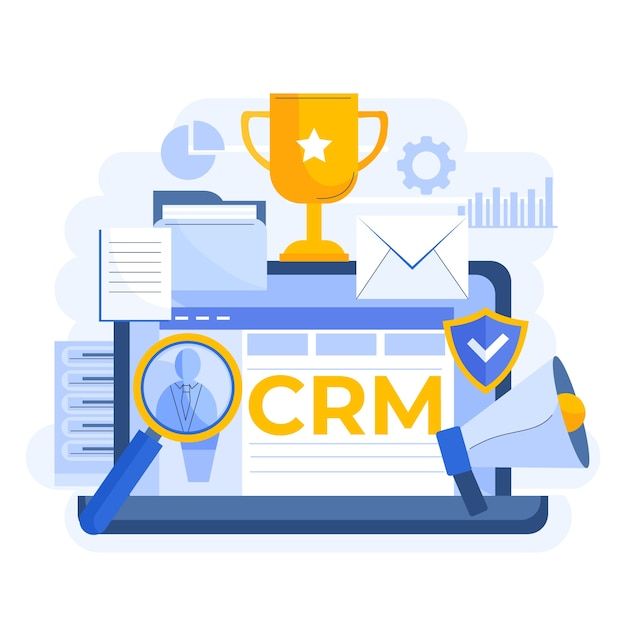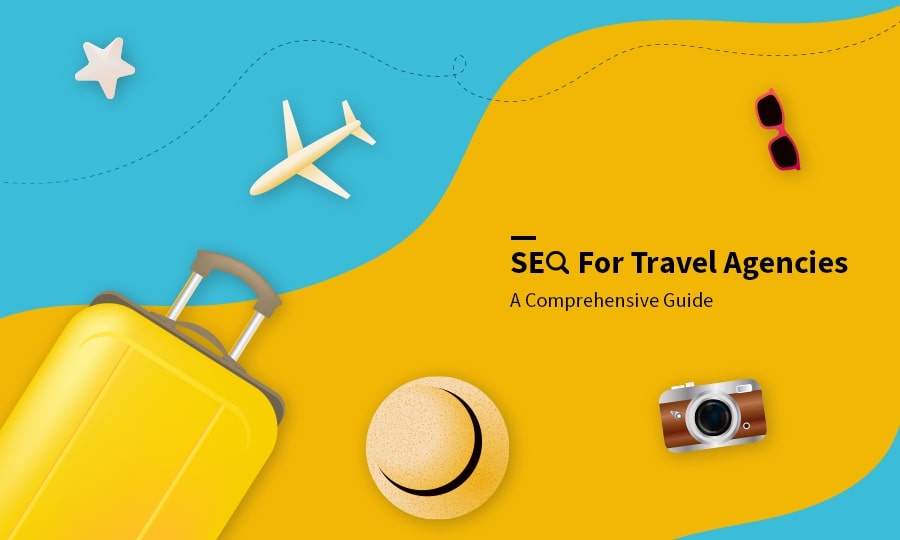
The tools that help businesses grow are always changing, just like the travel industry. One of the most important new ideas is CRM travel technology. It is a group of tools that work together to keep track of customer information, make experiences more personal, automate tasks, and, in the end, help businesses grow. As we move into a time when digital ease and hyper-personalization are the keys to success, CRM travel platforms will continue to lead the way.
The Rise of CRM Travelling in a Digital World:
People who travel these days want more than just a way to make a reservation. They want carefully picked experiences, fast communication, and great service. This is where CRM travel systems come in. By collecting and analysing customer data from all channels, travel companies can now offer services that are very tailored and quick to respond.
CRM travel is not the same as regular CRM systems because it has a specific purpose. These platforms are made for people who work in travel and can handle complicated itineraries, keep track of each traveller's preferences, and take care of the logistics of tour groups.
The main reasons people use CRM Travel CRM has a bright future because it has some unique benefits:
1. Personalisation on a Big Scale
In a world where AI and automation are common, personalisation is no longer a choice; it's expected. CRM travel tools let agents customise their deals, suggestions, and messages based on each traveller's past, interests, and actions.
You could suggest romantic getaways to a couple on their honeymoon based on where they've been before, or you could let a frequent flyer know about flight deals to their favourite places. This kind of service becomes seamless with CRM travel.
2. Get data from one place
Travel agents used to have to deal with emails, Excel sheets, booking portals, and notes from customers all at the same time. CRM travel keeps all of your travel information in one place, from the first questions to the feedback you give after the trip. This centralisation makes things go more smoothly and lowers the chance of making mistakes or missing out on opportunities.
3. Communication that happens on its own
CRM travel platforms can take care of follow-ups, reminders, confirmations, and chances to upsell on their own. This not only saves time but also makes sure that every customer feels included. CRM travel tools do the hard work for you, like sending you a special discount on your birthday or reminding you to get your visa papers.
4. Using data to make predictions
CRM travel solutions have built-in analytics that help companies make good decisions. They can watch trends, see how customers act, and guess what they will need in the future. This makes planning and marketing operations smarter.
The Future of CRM Travel Tech: What's Happening
As CRM travel evolves, several new and exciting trends are beginning to shape its next chapter:
1. AI and personalisation that can guess
AI is going to change how CRM travel sites work. AI will be able to guess what travellers need before they even say anything by looking at a lot of data. For instance, if a customer books skiing trips every February, the CRM can automatically send them curated packages in December.
AI chatbots are a step in the right direction. You can ask these bots questions, get information, and even make reservations—all from the CRM travel interface.
2. Interfaces that use voice and conversation
More and more people are using voice search and smart assistants like Alexa and Siri. This probably means that voice-based features will be added to CRM systems. This would let agents or travellers use the CRM without having to touch it. They could use voice commands to check itineraries, take notes, or look up client histories.
3. Hyper-segmentation and Targeting Based on Behaviour
More advanced segmentation in CRM tools will let you focus on smaller groups. Travel companies will be able to group customers not just by their age or where they live, but also by their travel goals, style, and emotional needs.
4. CRM solutions that work best on mobile devices
As more agents and travellers book trips from their phones, mobile-first CRM platforms are becoming more popular. Agents can get information on the go with these tools, which makes it easier for them to change itineraries, message clients, and keep track of interactions no matter where they are.
How it affects travel agencies and operators
For travel agencies, especially small and medium-sized ones, CRM is no longer an option. There is a lot of competition, and customers want the best. With CRM, even small agencies can give their clients the same level of service as bigger ones.
Tour companies also benefit a lot. It can be hard to keep track of group trips, vendors, reservations, cancellations, and follow-ups. But CRM platforms make everything easier, from the first question to the last thank-you email.
How to Fix Issues with CRM Adoption
It's clear that CRM systems have pros and cons:
Cost: Some solutions might cost too much for small businesses.
Training: Teams need to get the right training so they can use the systems well.
Integration: The CRM needs to be able to work with payment gateways, booking engines, and marketing tools.
However, the long-term return on investment (ROI) of CRM is often higher than the initial cost. Choosing the right provider and sticking with onboarding can make a big difference.
What to Look for in Future Travel Sites with CRM
As more companies enter the travel market, travel companies need to be picky. Here are some important things to look for in new CRM systems:
-
Cloud-based architecture
-
AI-based suggestions
-
SMS, email, and chat are all communication tools that work well together.
-
Get help with mobile apps.
-
Support for a lot of different currencies and languages
-
Dashboards that you can change
-
Automated marketing workflows
Following the rules for keeping data safe
CRM and the Personal Touch
Travel is still very human, even with all the technology. People still want to talk to each other, understand each other, and get one-on-one attention. The goal of CRM tech is not to replace talking to people, but to improve it.
CRM handles repetitive tasks, keeps track of data, and comes up with new ideas so that agents can focus on what they do best: making connections and planning trips that people will remember for a long time.
What Does CRM Do to Help the Environment?
This CRM has a new job: to help the environment. By keeping track of what travellers like and matching them with eco-friendly options, CRM systems can help people make choices that are better for the environment. They can tell customers about hotels, transport, and tours that are good for the environment.
This is a one-of-a-kind chance for travel companies to do more than just help their customers. They can also do good things for the world.
Conclusion
The travel industry is at a crossroads, and people who use CRM travel will have a big advantage. With smarter tools, deeper insights, and automated workflows, businesses can offer the kind of service that keeps customers coming back and helps them grow.
In the next few years, CRM travel will be even easier to use, more accurate, and more important. Whether you're a solo agent, a tour company, or a multinational travel company, CRM travel will be the engine that drives the next generation of travel experiences.

 Start your Travel Business with Our 7 Day Free Trial Website!
Start your Travel Business with Our 7 Day Free Trial Website!





